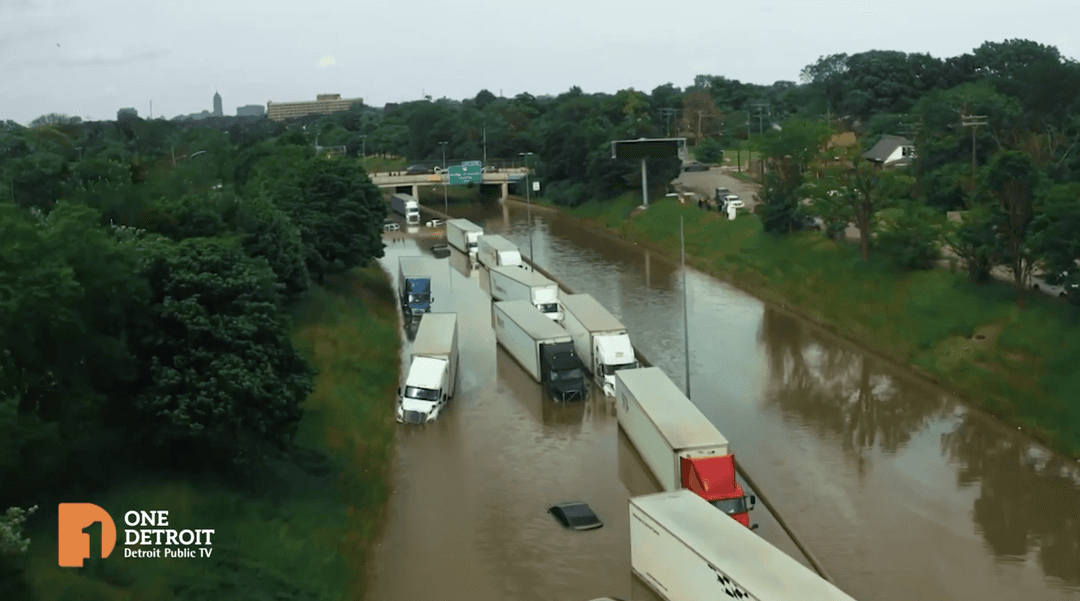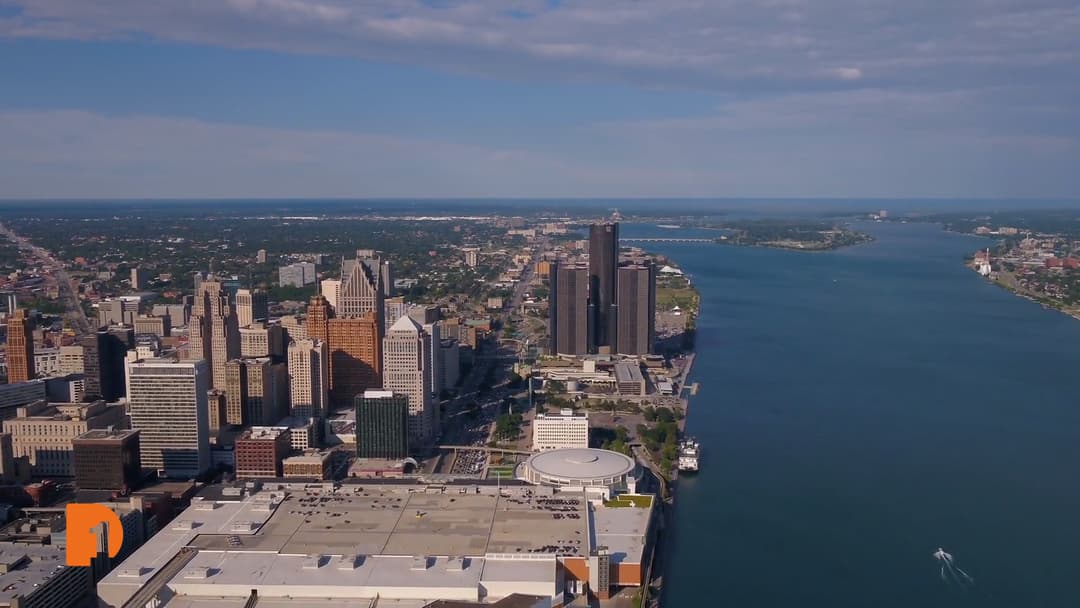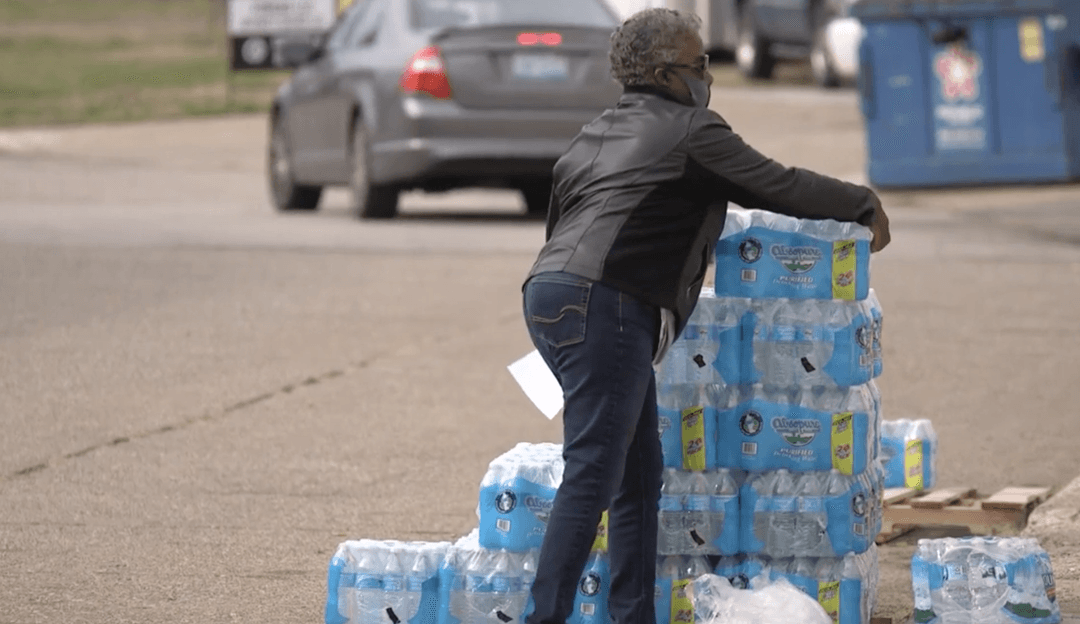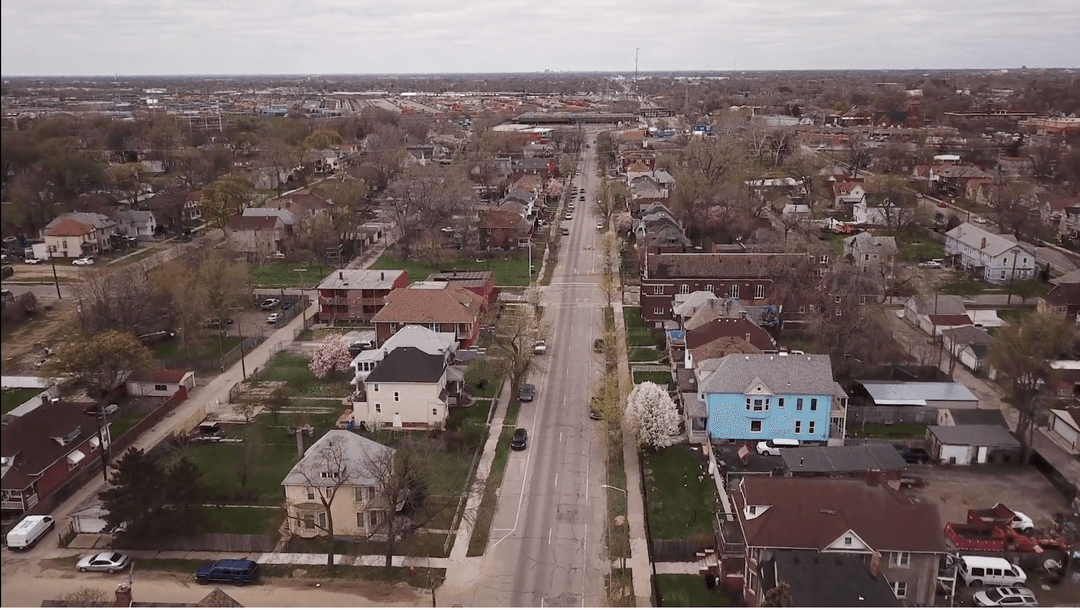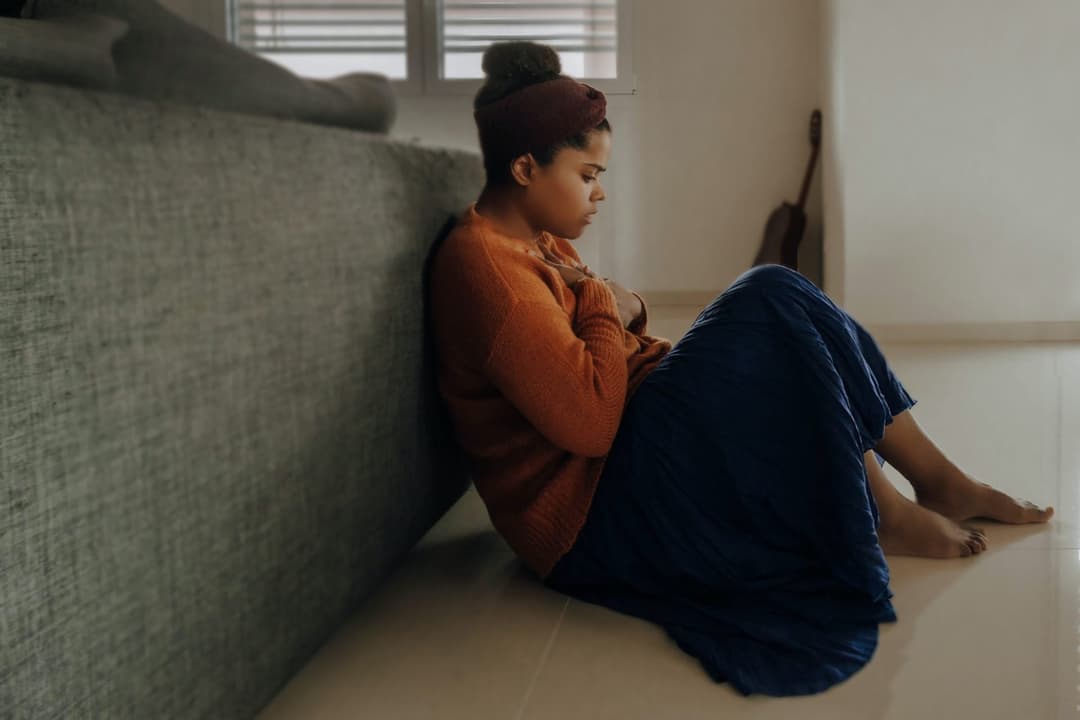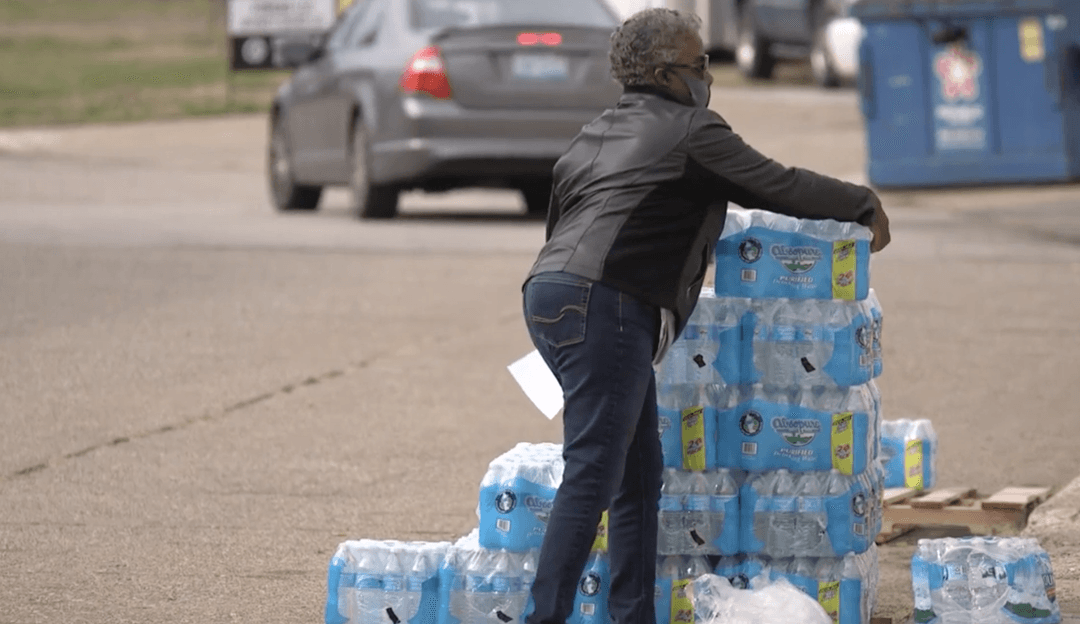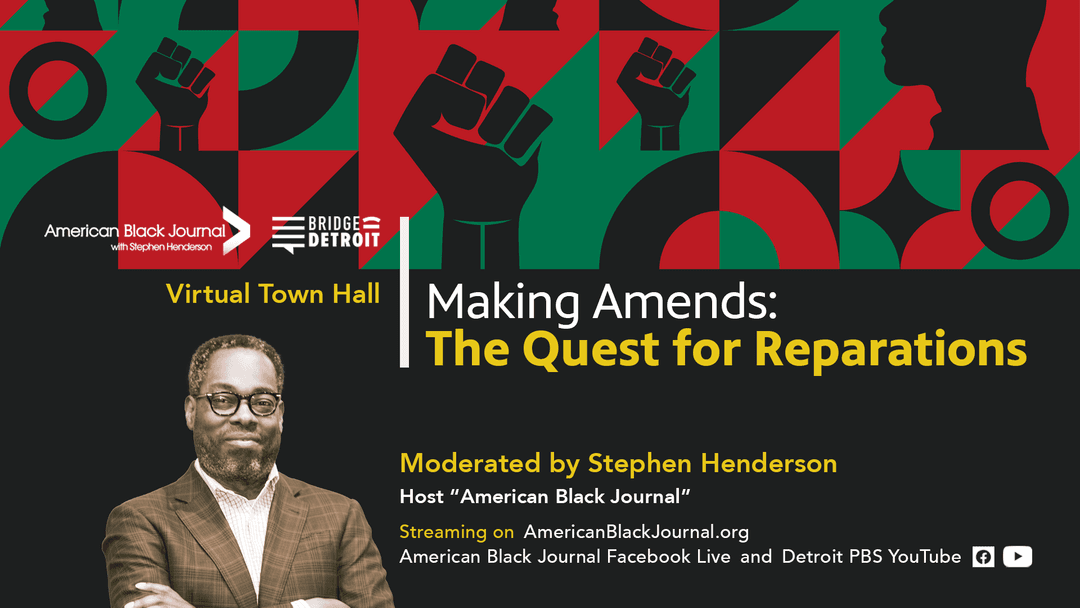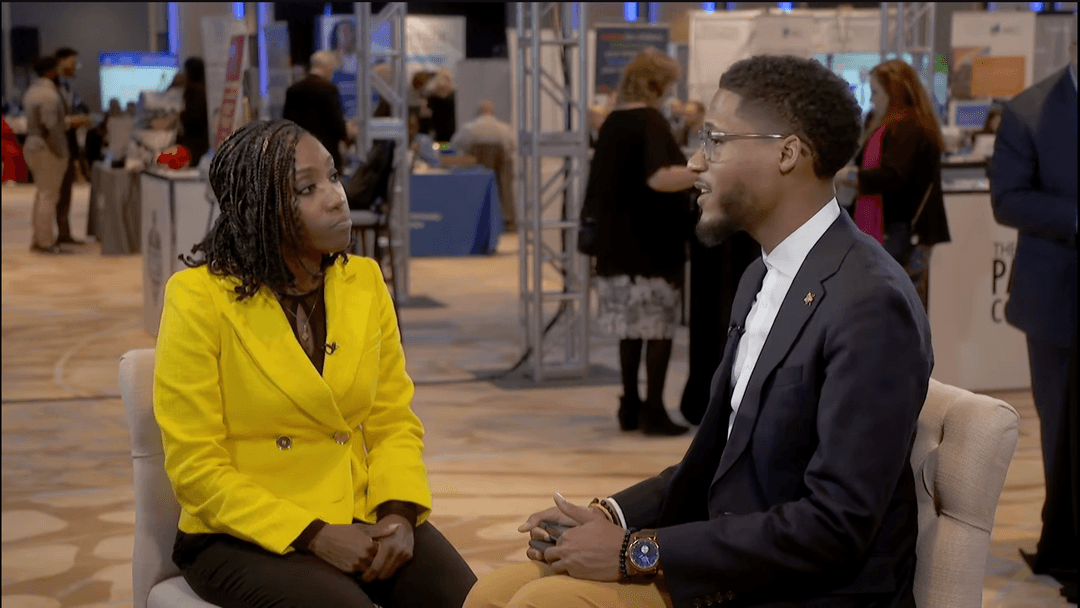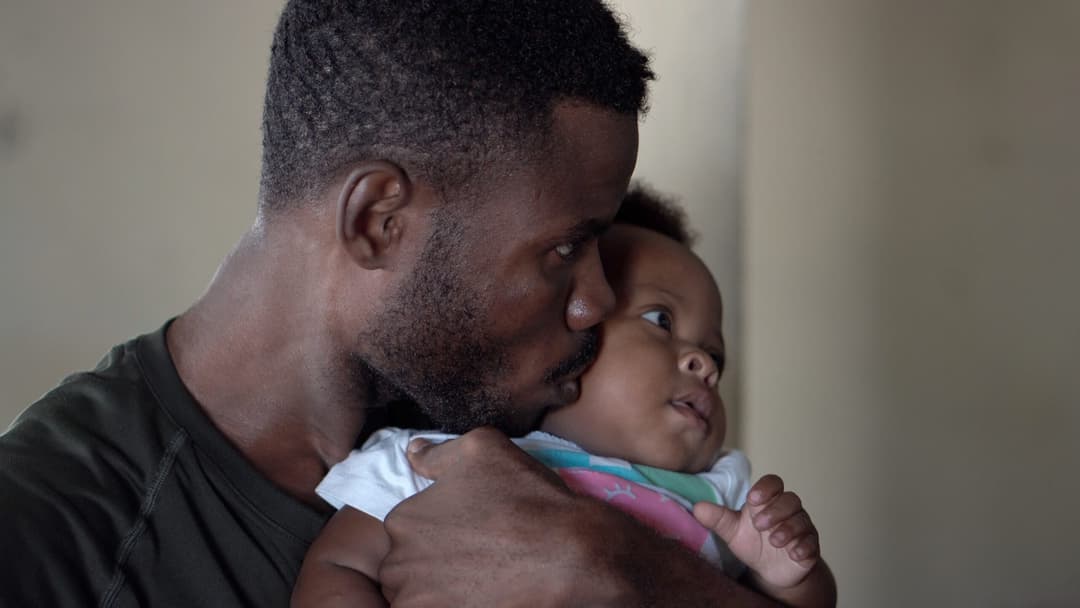Drowning in Dues: The Cost of Water for Communities of Color
May 24, 2022
The federal government plans to invest billions of dollars into fixing Michigan’s aging water infrastructure, while at the same time the cost of water rates for Michigan residents continues to rise. The impact of having access to affordable, clean drinking water is especially felt in communities of color across the state like Flint, Bentor Harbor and Detroit.
RELATED: Aging Infrastructure Highlighted By Benton Harbor’s Continued Water Crisis
RELATED: Rising Water Costs Hit Home for Southeast Michigan Residents
In conjunction with Great Lakes Now’s “Water’s True Cost” special episode, host Stephen Henderson talks with We the People of Detroit Co-founder Cecily McClellan and Wayne State University Law Professor Peter Hammer about the rising water bills in Detroit, looming water shutoffs, and the racial disparities impacting access to clean, safe and affordable drinking water.
Great Lakes Now‘s “Water’s True Cost” special episode airs at 7:30p ET May 25 on Detroit PBS.
Full Transcript:
Anna Sysling, Producer, Great Lakes Now: Across the Great Lakes region, water systems are aging, and that means looming costs to maintain critical infrastructure. To prevent more water crises and keep our water safe, we’ll all need to pay. But many households already find water unaffordable. As the nation embarks on historic infrastructure upgrades, The Great Lakes News Collaborative digs in to uncover water’s true cost.
Stephen Henderson: Ms. McClellan I’m going to start with you. It seems like we’ve been talking forever in Detroit about access to water, the cost of water, and the dangers of not making sure people have clean access to water all the time. Seems like a really basic concept. We have not been able to get that right for a really long time. Talk about where we are and the things that your group still finds itself having to do to make sure that everybody can get access to clean drinking water.
Cecily McClellan, Co-Founder, We The People of Detroit: Well, one thing that’s high on our agenda with We The People of Detroit is to work for an award affordability plan. Detroit has been at the forefront of water affordability probably going back to 2005. Unfortunately, we’ve had other cities like Baltimore and Philadelphia that have preceded us in getting city-wide water affordability. That is what our agenda is. We did push it and was very active in Proposal P to have it as a charter amendment.
Cecily McClellan: But that is one of the campaigns that we are actively involved in right now. We have seen, just based on Gary Brown’s rates, indicating that it has been a 437% increase in race for the residents of the city of Detroit. That is unsustainable, having a high poverty rate. You know, water affordability is a plan that would make sure that our residents have the ability to have clean, safe and affordable water and would add to our collection rolls.
Stephen Henderson: So Peter, one of the things that has always puzzled me a bit about the way we deal with water, and I know that you’ve thought a lot about this as well. You know, if I don’t pay my taxes, for instance, I can still take my children to the public school around the corner and enroll them. And the reason that that’s true is because we believe collectively that there’s a right to public education and it’s not contingent on my ability to pay or yours or anybody else’s.
Stephen Henderson: Water seems like it should be in the same category. Instead, we have it set up as a fee for service. You pay and you get what you pay for and if you can’t pay, you don’t have access to it, particularly in communities of color like Detroit. This plays out in a way that, you know, deprives people of a very basic need. And so I guess the question is, why don’t we believe that this is a collective good, a public good that everybody should have access to, and then we figure out how we pay for it.
Peter Hammer, Professor of Law, Wayne State University Law School: And I think a great question, Stephen and I share a lot of your intuitions. I start with sort of the reality that nobody chooses to live without water. All right. So people are right a framework and a choice. And I think that’s part of the sort of false choices and this notion of this hyperfocus on American individuals and not context and systems. And you have this kind of moralizing sense if you don’t pay your bills, you’re blameworthy. If you’re blameworthy, you can be punished. And the punishment here is to either take your house or turn the water off.
Peter Hammer: And then you kind of think about how essential water is, right. Everybody learns in high school that you can live longer without food than you can without water. And that water is essential for life and you get the stronger intuition. My sense is that the people have a right to be able to have access to water. Now, there are complicated questions about how one pays for that.
Peter Hammer: But as Cecily was saying that in Detroit, we’ve been pioneering an income-based water affordability plan for decades now. Right. And the beauty of that is just simply a form of price discrimination. And every monopolist would want to price discriminate because you maximize revenues when you do so. So the water affordability plan, you actually have the ability to get more revenue and more equity. Right. And it also creates a community that everybody pays what they can.
Peter Hammer: And that’s sort of very consistent with progressive notions of taxation. And I think you’re at a better community ethos. You’re taking care of everybody’s needs from the children to the elderly to the medically necessary needy. And you’re providing essential services that you like. I mean, we wouldn’t say that we’re not going to send the police to your house. Right. Or the firemen to your house. The same thing we should say, we’re not going to turn people to your house to turn your water off.
Stephen Henderson: Cecily, I want to give you a chance to talk about the last couple of years, in particular during the pandemic and the work that you and your group have done to try to fill the gaps, which, of course, got wider during the pandemic and the needs went way up because of the pandemic. Give us a sense of that threat or the fear of losing access to clean water while you’re also trying to battle, you know, the spread of a deadly disease.
Cecily McClellan: Well, prior to, you know, the COVID 19 pandemic, the pandemic, you know, Detroit had reached crisis level in terms of shutoffs. I mean, we were probably, over the past ten years, have shut off over 200,000 residents at different points in time. I mean, it was reaching a pandemic in terms of or had reached a pandemic in terms of shutoffs. So you had households that had been without water for months and even years.
Cecily McClellan: You had persons, you know, fearful of reporting that they didn’t have water because they had children. And that could be a liability in terms of being able to sustain maintenance of your children inside of your household from the state. It was truly unfortunate that it took the pandemic into 2020 before there was a moratorium placed on households.
Cecily McClellan: And that was truly a relief because prior to that, you know, we were servicing as many residents as we possibly could who did not have water with delivering water to their households and attempting to negotiate and then navigate the water department as well as the various water resources to make sure that the citizens could get access to assistance, which is the only thing Detroit has available right now, and also that they weren’t being treated unfairly by the water department in terms of their policies, in terms of shut off.
Cecily McClellan: We had a sigh of relief, you know, just in March of 2020 with the COVID 19. But right now we have the same fear building because it’s a moratorium and it’s going to end and Gary Brown has his way. It may end even before December of this year. So we have residents calling now that are concerned who have larger water bills because the income didn’t change in many cases, and therefore now they’re concerned in December they’re going to be shut off again.
Cecily McClellan: And so, therefore, you know, we need to look at having water affordability so we don’t have persons with low income constantly, you know, with a fear that they won’t have access to life-sustaining water. So, you know, that’s where we stand today. And we’re still monitoring the hotline to ensure that we can assist you in any way with the water department or with water resources. We do that.
Stephen Henderson: And the goal, of course, is a permanent moratorium, in other words, that we move away from the idea of shut-offs altogether.
Cecily McClellan: Absolutely. The goal is to have a water affordability plan. We found and I happen to manage the water affordability plan or assistance plan for the city of Detroit back in 2007 and 2012. And what we found is that when people were given an affordable rate based on their income, we had an 85% payment rate they paid it. So you had people returning to the customer rolls, paying their bill that once could not afford it, so they felt useless in trying to pay any part of the bill.
Stephen Henderson: Peter, I want to give you a chance also to talk about the fact that this is not just an issue in Detroit. When we think of the state of Michigan, we think of Flint, which faced its own water crisis related to how clean the water was or how dirty it was. Same thing playing out in Benton Harbor recently. And again, it’s older cities with large populations of people of color that seem to face this issue more than everybody else.
Peter Hammer: Yeah. There’s a case we’re talking about spatial structural racism in each of those cities that you identified, Detroit, Flint, you can add Pontiac. Benton Harbor is an example of spatial structural racism. And in each of those areas, you’ve seen a regional resegregation. So going over a 57-year period through a series of white flights where you have segregated space inside a city like Detroit, now the entire city of Detroit serves a segregated space, in entire of a predominantly white region.
Peter Hammer: And what that has also done is complete reallocated resources, so this notion of regional equity as something also very important the key center and Detroit used to own the entire great Lakes Water authority. It was only through the bankruptcy and the bankruptcy in emergency management. There’s other throughline that takes you from Benton Harbor to Flint and to Detroit. And the Flint water crisis is really a result of emergency management in decisions the emergency manager made. It was the emergency manager that started the mass water shut-offs in Detroit in 2014.
Peter Hammer: So there’s a lot of commonality in what’s underlying that with this regional resegregation is municipal distress, which is structural, it’s not this sort of notion of profligacy. And people are not paying their bills. There are structural matures of those deficits. So the entire city, just like the households in Detroit, are struggling in ways that the standard answers are not going to necessarily solve. So one thing that I would put out there in the public then is we should be thinking about renegotiating the Great Lakes Water Authority.
Peter Hammer: Thinking about a regional equity perspective, a regional water plan, and how we can think about the way that the wealth that the Detroit Water and Sewer Department created in the suburbs needs to be thought of more equitably in terms of regional revenue sharing. Regional reallocation in the water system could actually be one of the instrumentalities that implemented that. So it’s time for new answers, new creative sort of thinking and renegotiating the Great Lakes Water Authority is one of those important big ideas.
Stay Connected:
Subscribe to Detroit PBS YouTube Channel & Don’t miss American Black Journal on Tuesday at 7:30 p.m and Sunday at 9:30 a.m. on Detroit Public TV, WTVS-Channel 56.
Catch the daily conversations on our website, Facebook, Twitter and Instagram @amblackjournal.
View Past Episodes >
Watch American Black Journal on Tuesday at 7:30 p.m. and Sunday at 9:30 a.m. on Detroit Public TV, WTVS-Channel 56.
Stay Connected
Subscribe to Detroit PBS YouTube Channel & Don’t miss American Black Journal on Tuesday at 7:30 p.m. and Sunday at 9:30 a.m. on Detroit PBS, WTVS-Channel 56.
Catch the daily conversations on our website, Facebook, Twitter, and Instagram @amblackjournal.
Related Posts
Leave a Reply
Your email address will not be published. Required fields are marked*

